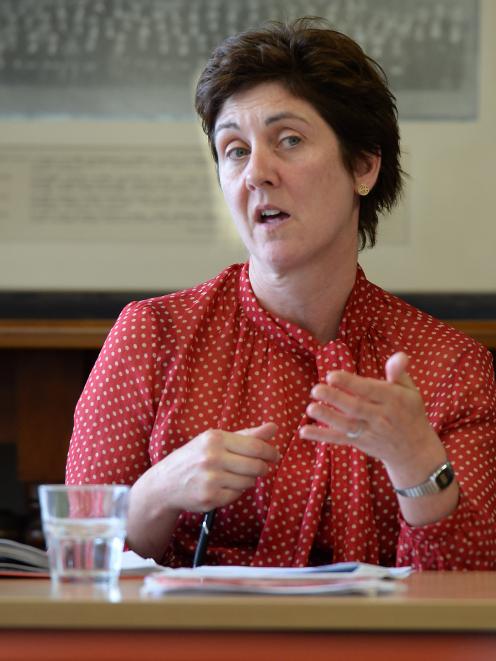
The meeting was the latest in a series to be held by the Law Commission, seeking feedback for its planned review of the Property (Relationships) Act 1976.
More than 15 lawyers, advocates, and members of community organisations attended.
The discussion acknowledged not only the need to update the Property (Relationships) Act (PRA), 40 years after it had become law, but also strongly supported the need for a public education campaign about the law involving de facto couples, their combined property and how it might be divided if they split up.
Concerns also surfaced over delays in having family property division matters considered by the court, and lack of access to affordable counselling after stressful relationship break-ups.
Other issues also arose over a lack of co-ordination between several pieces of property-related and family legislation.
A male former partner could receive more than $50,000 by way of settlement under the PRA, and spend the money, but then later fail to pay a $20,000 child support payment he was required to provide under a different law, one lawyer said.
Prof Nicola Peart, of the University of Otago Faculty of Law, said yesterday's discussion had supported the need to update and improve the PRA, but had also highlighted wider problems arising from a lack of co-ordination with several other pieces of family and property-related legislation.
''There's no connection between them,'' she said in an interview.
The need for more resources to support the Family Court's work, and for some other improvements had also been highlighted, she said.
Law Commission legal and policy adviser Karen Yates said the commission wished to help develop ''simple and fair law'' for dividing property when relationships ended, and wanted to hear from Otago people how the law could be improved.
In Dunedin alone about 456 couples got married or formed a civil union last year, the commission said.
And that did not include the many de facto relationships that had also begun.
Statistically, just less than 1% of those marriages and civil unions ended each year.
Comments
The law needs to be improved The property I own a share of is in stale mate .I think if you own more of a share than the other part owner you should have more say....in stale mate a house declines












